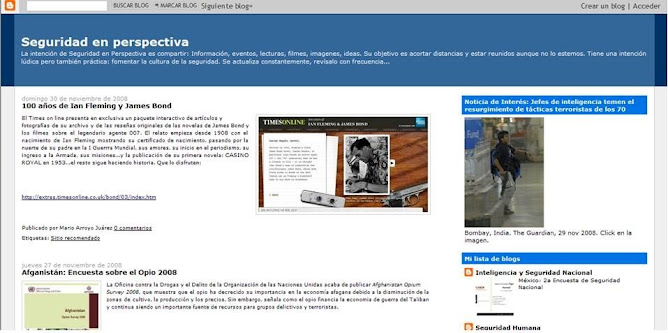This updated version of the Legislative Guide has been prepared to facilitate the task of national authorities in adopting and implementing the universal legal regime against terrorism. It replaces a publication issued in 2003, the Legislative Guide to the Universal Anti-Terrorism Conventions and Protocols. Both the 2003 and 2008 versions of the Guide were prepared for the information of government officials and others concerned with the international legal aspects of the prevention and suppression of terrorism. The 2003 Guide grouped the then existing 12 conventions and protocols according to subject matter, that is as relating to: (a) civil aviation; (b) status of the victim; (c) dangerous materials; (d) vessels and fixed platforms; and
(e) the financing of terrorism. The 2008 Guide groups the offences according to the entities of the United Nations system responsible for their development in order to place recent developed instruments in context and to indicate sources of technical expertise.
(e) the financing of terrorism. The 2008 Guide groups the offences according to the entities of the United Nations system responsible for their development in order to place recent developed instruments in context and to indicate sources of technical expertise.









